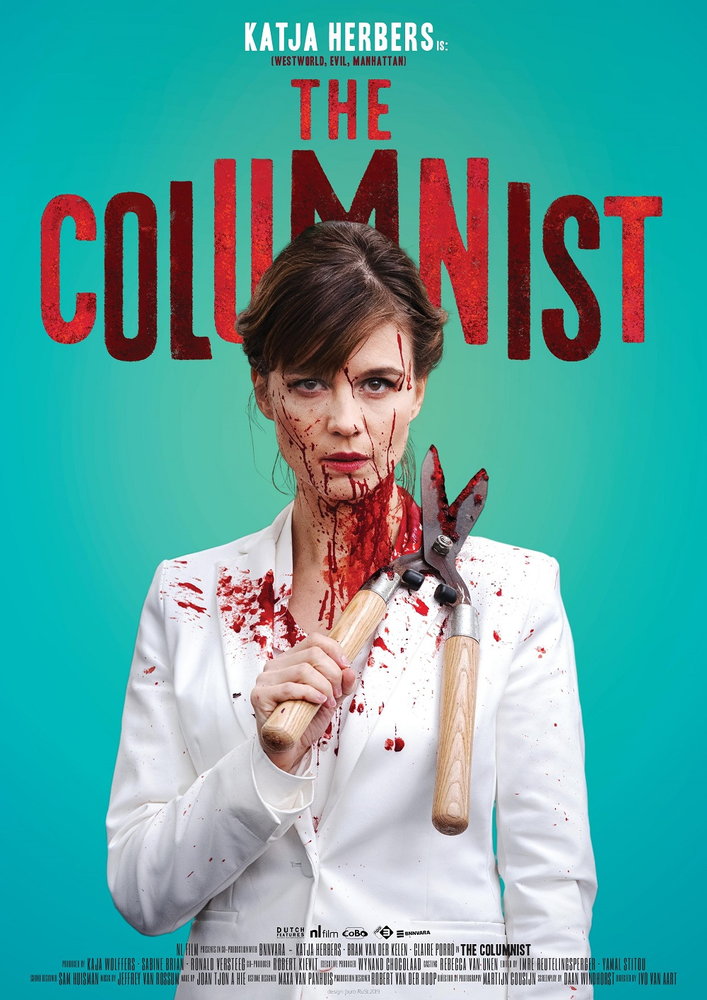13 Movies to Watch After You See ‘Judas and the Black Messiah’
Welcome to Movie DNA, a column that recognizes the direct and indirect cinematic roots of both new and classic movies. Learn some film history, become a more well-rounded viewer, and enjoy like-minded works of the past. This entry recommends movies to watch after you see the historical drama Judas and the Black Messiah.
Biopics and other movies based on or inspired by historical events tend to be easy subjects for this column. You’ve got the documentaries that cover the same subject matter, you’ve got the other conventional biographical narrative features, and you’ve got the biopics and historical dramas with links to the same persons and/or events. Tracking the genetic ancestry of something like Judas and the Black Messiah, therefore, is kind of a piece of cake.
And yet this film was deemed different enough to have not had an easy path to production and release. Different meaning not white. According to an interview with NPR, director Shaka King indicates the combination of the “Black Excellence Industrial Complex” that proved Black films such as Selma, Moonlight, and especially Marvel’s Black Panther could be successful, the 2015 #Oscarssowhite moment, and producer Charles D. King’s founding of his company MACRO as all opening more doors to projects like a Fred Hampton biopic. One particular movie belonging to that recent wave is on the list below.
But most of the non-documentary selections are not Black films, due to the fact that something exactly like Judas and the Black Messiah wasn’t as likely to exist before. As for the docs, one not listed — because it’s a series — is 1990’s Eyes on the Prize II, but’s still definitely recommended. Specifically, the episode featuring William O’Neal: “A Nation of Law?: 1968-1971” if you can find it (see a full transcript of O’Neal’s interview, including the unaired parts, via Washington University). I guess since one of the episodes of the first Eyes on the Prize earned an Oscar nomination, this one could count as a movie, too, but I’ll let that go.
As always, I welcome suggestions for what I missed, forgot, should have included, etc. For now, here are movies that directly or indirectly influenced or are related in some way to Judas and the Black Messiah:
The Trial of the Chicago 7 (2020)
Let’s get this one out of the way quick as a sort of obligatory acknowledgment. Judas and the Black Messiah isn’t the only feature this awards season to feature a portrayal of Fred Hampton. Aaron Sorkin’s The Trial of the Chicago 7 includes him as a minor character, played by Kelvin Harrison, Jr., as an advisor to the defendant and fellow Black Panthers leader Bobby Seale (Yahya Abdul-Mateen II). This Netflix Original movie shows what was going on at the same time as the events of Judas and the Black Messiah and even includes Hampton’s death.
In her review of Judas and the Black Messiah for Slate, Karen Han calls the Hampton parts of The Trial of the Chicago 7 a “footnote” and champions the newer film as a corrective of Sorkin’s historical courtroom drama (a line echoed in her headline). I can see that. I think both films have their faults overall, though, and rather than one correcting for the other, they play as overlapping depictions of political oppression and infiltration in the same city in the same year. But only one of them puts Hampton and the Black Panthers front and center.
MLK/FBI (2020)
Sam Pollard got his break as a director and producer working on Eyes on the Prize II, but he wasn’t involved with the episode featuring William O’Neal (Henry Hampton and Terry Rockefeller were O’Neal’s interviewers). Since then, he’s made documentaries with Spike Lee and on his own, and this past year he’s had two favorites in the awards conversation, Mr. Soul!, which he co-directed, and the solo effort MLK/FBI. This archival feature chronicles the US government’s surveillance of Martin Luther King, Jr., based on recently declassified documents. Similar to the story of Judas and the Black Messiah, it shows what the FBI was willing to do in order to discredit and eventually dispose of Black leaders in the 1960s.
BlacKkKlansman (2018)
Regular Pollard collaborator Spike Lee (Pollard has also edited many of Lee’s movies) has made his own film about one of the Black Panthers (the 2001 documentary A Huey P. Newton Story) and, of course, he directed a biopic about another 1960s leader targeted by the feds (Malcolm X). But the Spike Lee joint that keeps coming up in discussions of Judas and the Black Messiah, as a “counterpoint,” is BlacKkKlansman, primarily because it’s also a true story about a Black man who goes undercover and infiltrates an organization. But this movie is played for laughs and was also criticized (most notably by filmmaker Boots Riley) for celebrating a cop who had also worked with the feds to sabotage Black civil rights groups. When it came to getting Judas and the Black Messiah financed and distributed, Shaka King says he kept having to cite BlacKkKlansman as proof that Black movies are moneymakers, actually.
LaZercism (2017)
Shaka King made his feature directorial debut in 2013 with the stoner rom-com Newlyweeds, which played Sundance and earned him an Independent Spirit Award for being a promising newcomer. But it’s taken him almost a decade to deliver a follow-up feature due to racism in the industry. He kept busy, though, helming episodes of television and directing (also Sundance-selected) shorts, starting in 2015 with the five-minute racial satire Mulignans, which King says was a major turning point for him creatively. “That movie saved me,” he told NPR, speaking to how it got him insterested in filmaking again after the disappointing reception of his debut. “It saved me.”
You can watch Mulignans on Vimeo as well as his next five-minute short, LaZercism. I’m recommending the later film because it’s connected more to Judas and the Black Messiah, at least in its casting. LaKeith Stanfield stars in the informercial parody promoting eye surgery for people suffering from “racial glaucoma.” And Robert Longstreet, who plays an FBI agent in the new movie, appears in the short as the cop who infamously tackled an unarmed fifteen-year-old Black girl in a bathing suit at a Texas pool party in 2015. It’s a goofy film and ties to the racism of the US government and the FBI and especially Hoover that brought down Hampton. If only that was just a thing of the past and/or easily cleared up with simple corrective laser surgery.
The Black Panthers: Vanguard of the Revolution (2015)
As noted with mention of Spike Lee’s Huey P. Newton doc, there were documentaries about the Black Panthers before this one, including Lee Lew Lee‘s 1996 feature All Power to the People! (The Black Panther Party and Beyond), which focuses on the conflict between the group and the government. There are also some that are relevant to Judas and the Black Messiah released rather recently, such as an episode of ABC’s 1969 series entitled “The FBI and the Panther” (Fred Hampton, Jr., who served as a consultant for the new movie, is interviewed in that one). They’re definitely worth looking at. Stanley Nelson‘s feature The Black Panthers: Vanguard of the Revolution is more of a primer for anyone who needs the basics. And I’m sure there are many such viewers of Judas and the Black Messiah.
The Great Gatsby (2013)
This is probably not the early 2010s Leonardo DiCaprio movie you’d expect to appear on this list. But J. Edgar is not going to be recommended today (I’ve never even been curious enough to watch it). I know, I’m typically one for spotlighting counterpoints, but a biopic about J. Edgar Hoover is not a fair trade for a Fred Hampton film. And Martin Sheen has already given you plenty of prosthetically enhanced portrayal in Judas and the Black Messiah for a lifetime. So why is The Great Gatsby one of the movies to watch after Judas and the Black Messiah? In an interview with Robert Daniels for Vulture, co-writer Kenny Lucas responds to the claim the new movie focuses more on William O’Neal than Hampton by citing the F. Scott Fitzgerald novel (and adaptation?) in comparison:
“If you take The Great Gatsby, Nick inches us into the story, but the person who drives everything is Gatsby. We really wanted O’Neal to represent the audience as an entry point into this crazy world. Him being a criminal, being attached to the FBI, immediately makes it more of a sprawling crime epic. And you avoid some of the pitfalls of making a clichéd biopic. We wanted to avoid those trappings with Hampton’s story because you want to make an intriguing film. You want it to be gripping. But you also can’t dilute Hampton’s message. I feel like Daniel Kaluuya’s screen time versus Lakeith Stanfield’s is almost even; I wouldn’t necessarily say Hampton takes a backseat to O’Neal. I would only say that William O’Neal is the entry point.”






